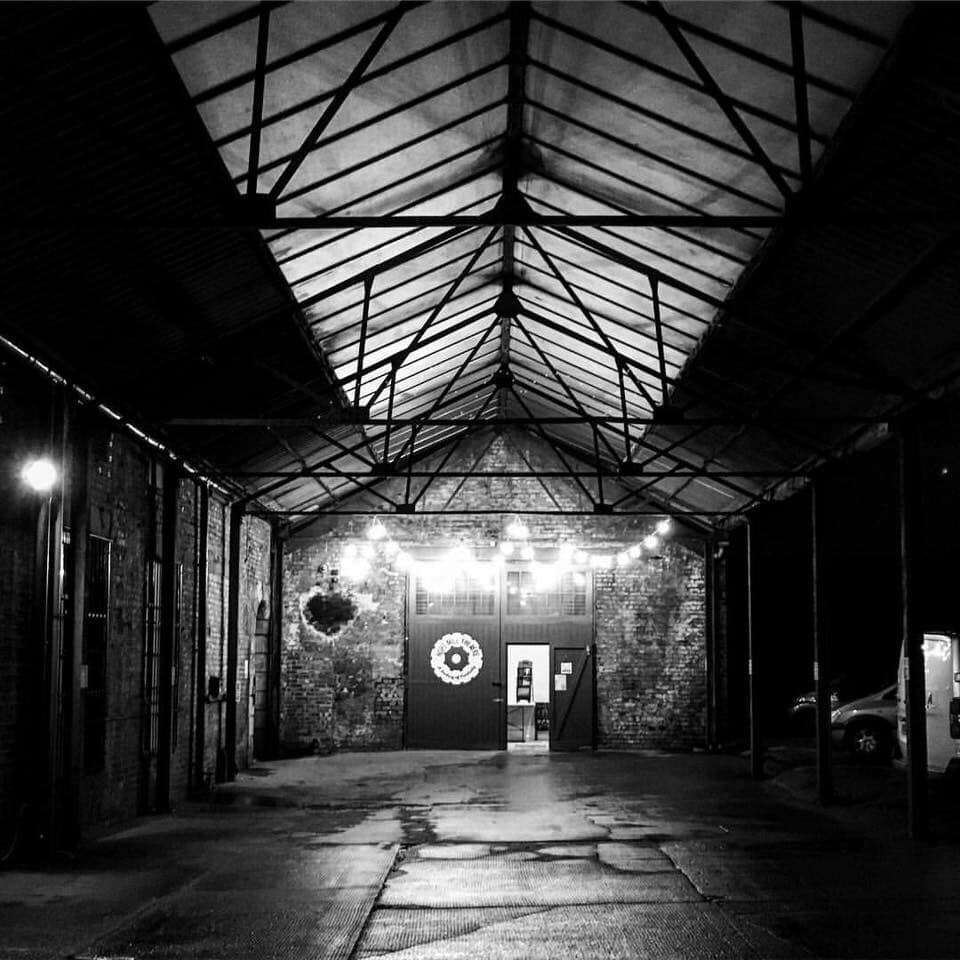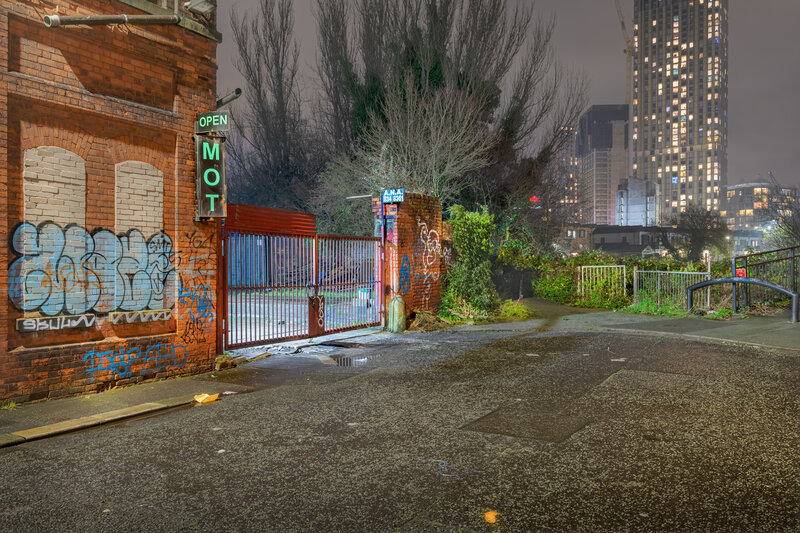While the restrictions surrounding COVID-19 have been essential, the impact on society has, nonetheless, been seismic. When it comes to live performances, people working in Manchester’s theatre world have witnessed the devastating effect on their sector. Since theatres closed on March 18, 2020, actors, theatre-owners and those working behind the scenes of a once-flourishing industry have seen a catastrophic impact to their livelihoods through no fault of their own.
Sean Chriscole, 29, is a Manchester-based actor who has been working in the industry for the past five years. “The closure of theatres was a huge shock to the system,” he says. “The realisation that I would have to start all over again, whenever shows were allowed to continue, became a bitter pill to swallow.”
Alongside acting, Chriscole was working behind the bar at the DW Stadium in Wigan and teaching drama skills at a performance school in Greater Manchester before the pandemic took hold. “I was furloughed by my job in March until July when I was made redundant. The furlough felt like a lifeline in addition to receiving Universal Credit. All acting work had stopped, so it was the only form of income I had to keep me afloat.”
Of course, not only actors were affected by the COVID-19 restrictions. Simon Naylor, 37, owns independent theatre and arts hub 53two, located in the heart of Manchester. Like so many other venues, it has been closed since last year.
“The arts were crushed,” says Naylor. “But it was our regional venues that I was scared for. [Theatres such as] Oldham Coliseum and smaller venues like Hope Mill, these are the lifeblood of theatre that provide not only amazing productions, but also a centre to communities. Without them, we lose more than just a theatre.
“Some of my friends and colleagues, who work regularly, had almost a year’s work ripped out from under them. Through it all, it was important to remember that theatre existed before theatres. Even if we lost the buildings, we would never lose theatre and so there was always that to hold on to.”
Joseph Houston is the co-founder and artistic director of independent theatre Hope Mill in Manchester’s Ancoats. After celebrating their fifth birthday last October, the team were left reeling by the restrictions put in place by the Government.
“We genuinely thought that we would be back open by July at the latest,” admits Houston. “And, obviously, as time went on, we realised that that was not going to be the case.”
 In November 2019, Hope Mill Theatre transitioned the business into a charitable organisation. “We wanted to do more community and engagement work in our area. We’re very passionate about our community and where we’re based. We’ve become a real integral part of the community here.”
In November 2019, Hope Mill Theatre transitioned the business into a charitable organisation. “We wanted to do more community and engagement work in our area. We’re very passionate about our community and where we’re based. We’ve become a real integral part of the community here.”
Despite closures, Hope Mill still managed to produce online performances, following correct COVID-19 procedures.
“We still wanted to keep engaged with our audiences,” says Houston. “That was very important to us. We started going online and hosted quite a few successful productions. We rescheduled our summer run of the musical RENT to open at the end of October. However, RENT opened on October 30 and, on October 31, we received the news that the UK would be entering a second lockdown, which was devastating.”
At the same time, the Government released a controversial ad campaign showing a ballerina being encouraged to retrain for a career in cyber. Needless to say, this sparked outrage from the arts community.
For Naylor, the campaign was “ridiculous”.
“The industry lost their shit. [The Government’s] lack of respect had reached rock bottom. They had failed to acknowledge that they watch TV, listen to radio, watch theatre and they had failed to acknowledge that the country needs [the arts].”
He continues: “I care and value everybody involved in our industry. [The Government] not championing those people was quite shocking. I think [making the statement] was probably quite short-sighted.”
Chriscole adds: “The campaign was another kick in the shins to any self-employed worker struggling to make ends meet. At the end of the day, it was a clear message informing us that the work we do is not valued enough to be worth saving.”
 The advert was later scrapped and labelled ‘crass’ and ‘ignorant’ towards the arts industry, with Chancellor Rishi Sunak facing much of the backlash.
The advert was later scrapped and labelled ‘crass’ and ‘ignorant’ towards the arts industry, with Chancellor Rishi Sunak facing much of the backlash.
Despite the struggles faced during the COVID-19 pandemic, the arts industry has shown itself to be one of the most supportive of its creative family. Naylor says: “We’re now tighter, louder and more determined than ever.
“Theatre is there to educate and change opinion. I can’t even begin to imagine the ferocity that will be unleashed when stages can be stood on again.”
Main image courtesy of Hope Mill Theatre.











